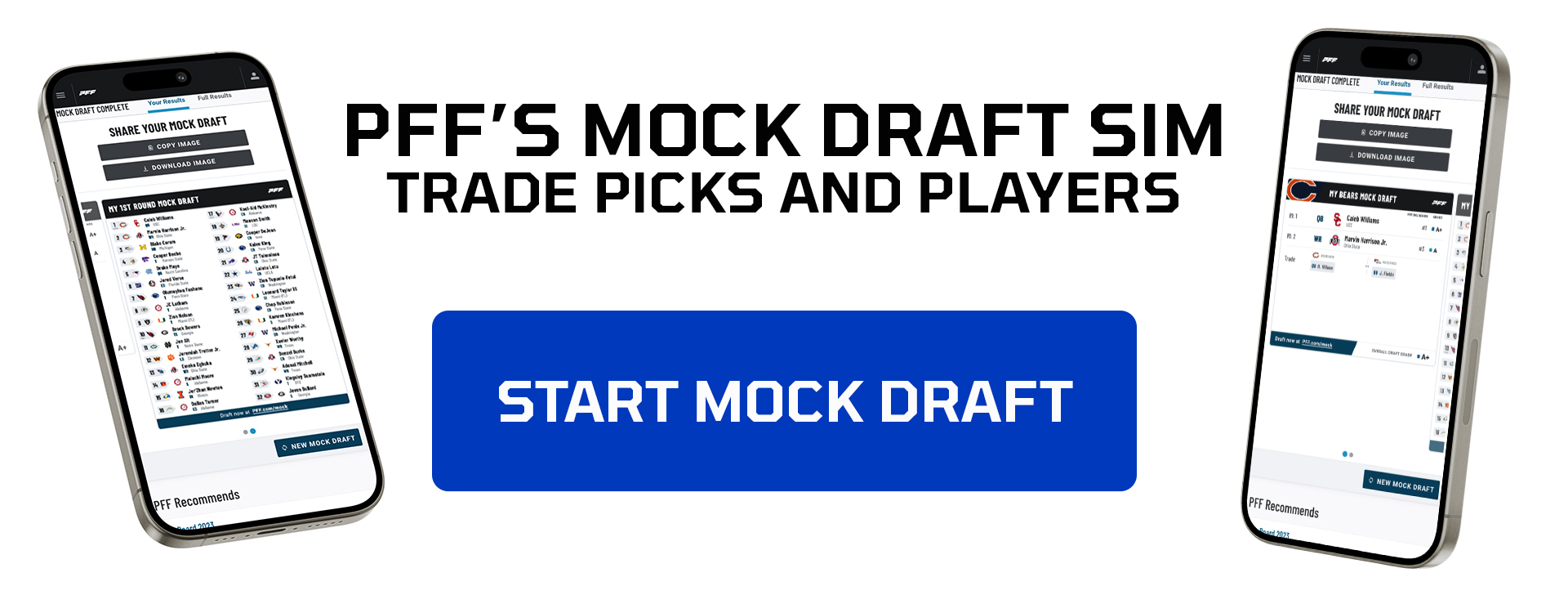/cloudfront-us-east-2.images.arcpublishing.com/reuters/FLQA4FXXH5GQPO6OJWZNSQ2ZSU.jpg)
The logo of taxi company Uber is seen on the roof of a private hire taxi in Liverpool, Britain, April 15, 2019. REUTERS/Phil Noble/File Photo
(Reuters) - A California federal judge has put off a decision on whether a state ballot measure exempting some “gig economy” firms from a strict worker classification law absolved Uber Technologies Inc of liability in a proposed class action claiming the company misclassified food delivery drivers as independent contractors.
U.S. District Judge Phyllis Hamilton on Monday said she was not yet convinced that the 2020 law known as Proposition 22 "abated" the legal rights of gig workers that existed before it was passed, and denied Uber's motion to dismiss the lawsuit filed last year by Uber Eats driver Kent Hassell.
At the same time, Hamilton said Hassell's lawyer, Shannon Liss-Riordan of Lichten & Liss-Riordan, also had not shown definitively that all of the rights employees enjoy under California labor law still applied to claims that predate the adoption of Prop 22.
Hamilton said both sides could renew their arguments at the summary judgment stage.
"The court notes that the abatement argument appears to raise novel questions in a rapidly developing area of California law," the judge wrote. "That novelty aside, the parties’ briefing on the issues implicated by that argument falls short."
San Francisco-based Uber and its lawyers at Littler Mendelson did not immediately respond to requests for comment. Neither did Liss-Riordan.
Hassell in his lawsuit says that prior to Prop 22 taking effect in December, Uber Eats drivers in California were improperly classified as independent contractors rather than employees. He says Uber should have paid drivers the minimum wage and overtime and reimbursed them for business expenses including gas, car maintenance and phone and data charges.
A 2019 California law known as AB5 says that workers are only independent contractors if they are not involved in a company's usual course of business, operate their own businesses, and their work is not controlled by a company.
Last November, voters in California overwhelmingly approved Prop 22, exempting app-based transportation services from AB5 if they meet certain conditions such as paying a minimum wage and providing occupational accident insurance.
Uber moved to dismiss Hassell's lawsuit in February, claiming that even if he was the company's employee under AB5 prior to Prop 22's passage, his legal rights were abated once the ballot measure took effect.
The doctrine of abatement says that when a statute creating certain legal rights is repealed, any pending action based upon those rights should be terminated.
Uber said Prop 22 effectively repealed AB5 with respect to gig drivers, and Hassell's claims pre-dating Prop 22 should be tossed out.
Hassell countered that Prop 22 merely created an exception to AB5 and did not repeal it. And that exception only applies when companies meet certain conditions, and does not require gig companies to treat drivers as independent contractors, his lawyers said.
Hamilton on Tuesday said that neither side was persuasive. Prop 22 did not repeal AB5 or the labor regulations that apply to employees, she said. But Hassell's arguments wrongly conflated abatement with retroactivity, which is a distinct legal doctrine.
The 9th U.S. Circuit Court of Appeals is currently considering the abatement issue in Lawson v. Grubhub, in which a judge ruled that a Grubhub delivery driver was an independent contractor under the test that was replaced by AB5.
The case is Hassell v. Uber Technologies Inc, U.S. District Court for the Northern District of California, No. 4:20-cv-04062.
For the plaintiffs: Shannon Liss-Riordan of Lichten & Liss-Riordan
For Uber: Andrew Spurchise of Littler Mendelson
Judge punts on whether Prop 22 nixed pending claims against Uber - Reuters
Read More

No comments:
Post a Comment